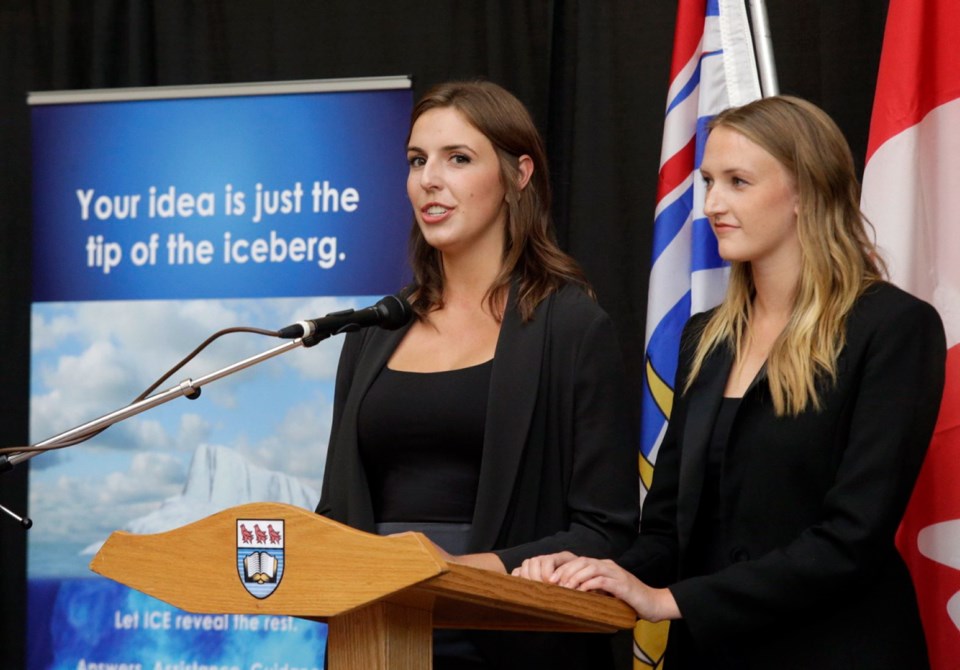A year after establishing its on-campus incubator for start-up businesses, the University of Victoria is expanding its Innovation Centre for Entrepreneurs to cut across all disciplines.
Known as ICE, the centre launched by the Gustavson School of Business last year will now be a program available to all students and new alumni who have ideas for a business, non-profit venture or social innovation.
“We encourage anyone within the UVic family to bring their ideas forward,” said ICE director Robin Milne. “Many people are passionate about an idea but unsure how to go about moving it forward. ICE provides a framework that initially helps them to shape and present their concept. Their plan is then fully developed together with an assembled team of advisers.”
The program offers tools, expertise and space on campus to help entrepreneurs take an idea to the stage where it is ready for investment. Advisers and mentors from outside the university provide innovators with input and connections.
Over the first year, ICE helped more than 100 students and a dozen companies along the way to establishing themselves, with the expectation that expanding its reach into disciplines beyond the business school will bring a host of new ideas out of the woodwork.
“As a community of learners, innovators and entrepreneurs, there is no shortage of excellent ideas at the University of Victoria,” vice-president academic Reeta Tremblay said. “The Innovation Centre for Entrepreneurs will provide students, staff and faculty from all faculties the support to develop their ideas, while also building relationships with the region’s business leaders and entrepreneurs.”
One of the companies using ICE to further its cause is Early Entrepreneurs, a firm that provides elementary schools with a program to educate students on entrepreneurship and global awareness.
The program, sponsored by company partners looking to improve their community engagement and corporate philanthropy, provides classrooms with $100 in seed money to start a businesses.
The goal of each classroom is to turn the $100 into more than $500, and to use the profits to help fund the building of a new school in a developing country through Free The Children.
“After successfully testing the model of taking a small amount of seed money into classrooms and teaching students how to grow it into enough money to build schools in developing countries, we knew we had the core of a new business,” Early Entrepreneurs co-founder Kim Cope said. “Now we’re refining that with the help of ICE.”



